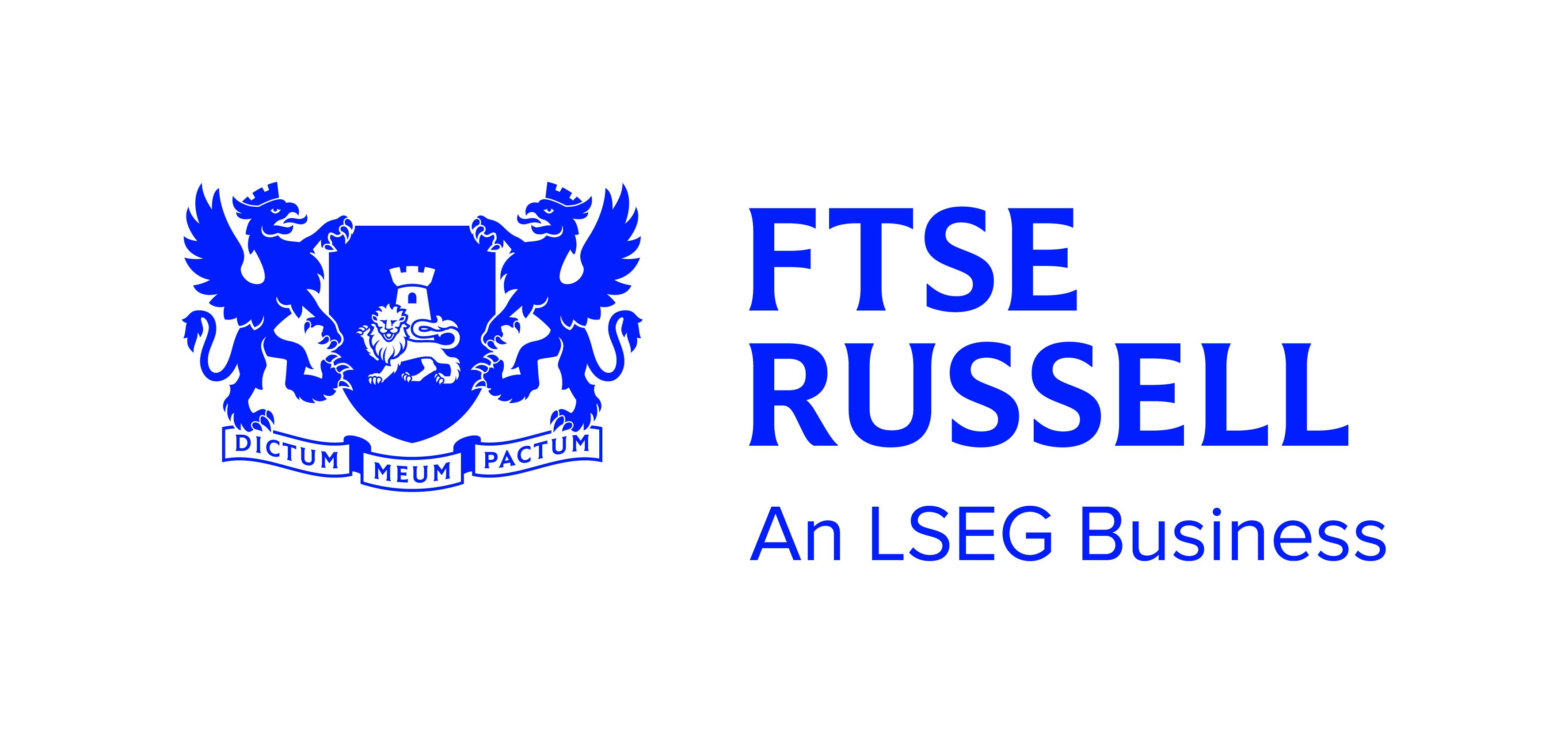There are a number of European-listed ETFs benefitting from the meteoric rise of Tesla this year with the announcement of its inclusion in the S&P 500 last week the latest win for the electric vehicle maker.
The move from S&P Dow Jones Indices’ index committee, which will see Tesla enter the flagship index on 21 December, comes after months of pressure from investors and market participants to add the EV maker following its snub in September.
Since the announcement on 16 November, Tesla’s share price has risen 27.1% to 518p, as at 23 November, taking Elon Musk’s company to monster 502% returns year-to-date.
The stellar performance has been a key driver for the strong performance of many ETFs with a big weighting to Tesla.
This includes the $130m Amundi S&P Luxury Goods UCITS ETF (LUXU) which has a 7.4% weighting to the EV maker, the largest across all ETFs listed in Europe.
As a result, LUXU, which offers exposure to 80 companies involved in the production of luxury goods and services, has returned 25.8% so far this year versus 10% for the iShares MSCI World UCITS ETF (IWRD), as at 23 November.
Meanwhile, the EV maker also has a large weighting to the $882m iShares Edge MSCI USA Momentum Factor UCITS ETF (IUMO) of 7.2%.
Momentum has been the best performing factor so far this year, especially in the US where markets rebounded quickly after the Federal Reserve stepped in to provide support amid the rapid spread of coronavirus.
With its top four holdings consisting of Tesla, Apple, Amazon and Microsoft, IUMO has outperformed the MSCI World by 11% by returning 21% in 2020.
As Tesla is a consumer discretionary, this has helped drive outperformance in this sector as well. With a 6.4% weighting, the $264m Xtrackers MSCI World Consumer Discretionary UCITS ETF (XDWC) has returned 27.2% this year.
In the thematic ETF space, Tesla is one of the key reasons why the $301m L&G Battery Value-Chain UCITS ETF (BATT) has been one the best performing ETFs in Europe this year.
Tesla’s 5.8% weighting has helped push BATT’s returns to 63% this year as battery technology continues to be a crucial part of the electric vehicle revolution.
ESG score
Finally, the ESG space is an area where Tesla is hotly debated. Different index providers assign the company a whole variety of different scores due to its role within the trend to electric vehicles but also its weak governance.
MSCI, for example, rates Tesla highly from an ESG perspective as the majority of its revenues are derived from activities that are contributing to environmental solutions. FTSE Russell, on the other hand, assigns the company a lower ESG score due to its management risks.
As a result, the $4.7bn iShares MSCI USA SRI UCITS ETF (SUAS), which has a 5.5% weighting to Tesla, has returned 19.6% so far this year.
Meanwhile, by tracking a FTSE Russell ESG index, the HSBC USA Sustainable Equity UCITS ETF (HSUD), which launched earlier this year, has just a 0.06% weighting to Tesla.
As a result of this divergence, HSUD has returned 5.8% over the past three months versus 7.6% for SUAS highlighting the impact ESG scores can have on overall returns for sustainable ETFs.
Are ESG ETF investors jumping the gun on Biden's climate revolution?
With a 1% weight in the S&P 500, the impact will not be as big for ETFs tracking the flagship US index but the move will certainly change its structure.
As Rumi Mahmood, head of ETF research at Nutmeg, told ETF Stream: “Tesla will increase the 'growth' elements of the S&P 500 but is also likely to be one of the more volatile companies. This may impact the overall volatility and performance of the index and the ETFs that track it.”







